Data Science Masters Program
(5) 3150 ratings.

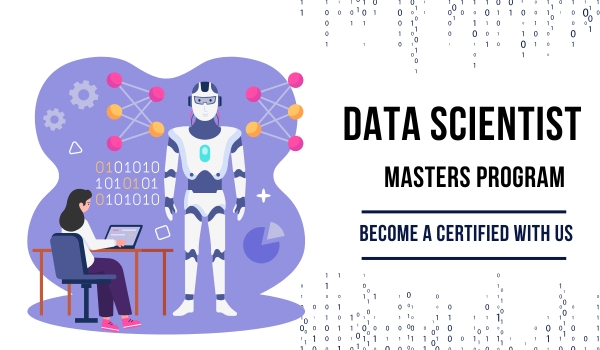
(5) 3150 ratings.


Next Batch Starts
Program Duration
Learning Format
GoLogica Academic's Master Program features a structured curriculum, paving the way to Global scope.
GoLogica having a 15+ years of experience on career transforming programs with industrial oriented Skills.
GoLogica Advanced Programs delivers cutting-edge AI Training, offering insights into the latest trends.
GoLogica emphasizes practical learning with exercises, projects to equip you with real world application.
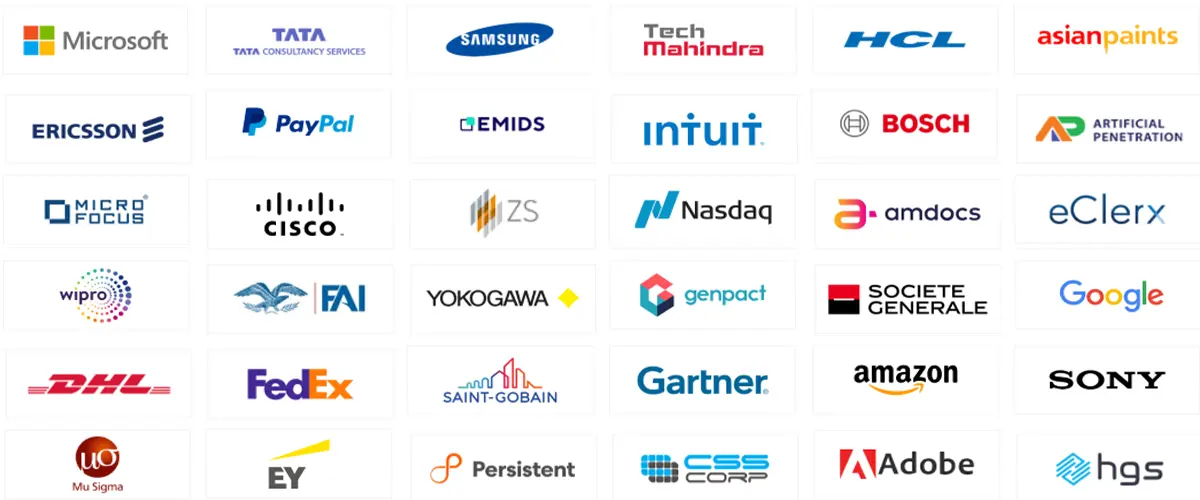
Data Science Program by GoLogica focuses on big data and analytics. This program provides detailed information on data science tools, technologies, and concepts. It is best for individuals who are in senior-level positions in the data science field. This course includes comprehensive knowledge about big data and analytics. It includes modules on machine learning, advanced predictive modeling, and data visualization techniques.
With this, you will work on industry-relevant projects. This program includes extensive coursework & hands-on projects that help the students gain practical experience in designing and implementing ML models. It will also help students learn how to analyze data using Python and make decisions (data-driven).
With this course, you will be able to develop advanced data science solutions to solve the company’s needs. In this course, you will learn data preparation, machine learning, text processing, data visualization, image processing, collaborative filtering, Clustering, etc.
Key Highlights
Flexible schedule suitable for freshers and professionals.
GoLogica Tableau Training helps you master data visualization and business intelligence with Tableau. Our comprehensive training program covers all the essential topics, including data connections, calculations, dashboards, and more. Enroll now and learn from industry experts!
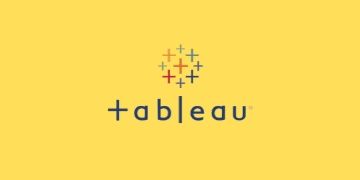
GoLogica AI and Deep learning is an industry designed certification. This is a specialization course which will help you to get a break into the AI and Deep Learning domain, with one of the most sought-after skills.
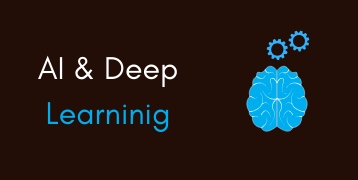
GoLogica training on Machine Learning will provide all the necessary training to become a certified Data Scientist with Proficiency in Python. Learn different algorithms like supervised, unsupervised, and reinforcement algorithms. Get hands-on experience in statistical techniques, ML modules, ML algorithms, focus on deep learning, basics of regression algorithms, SVM and Improving Performance, etc.
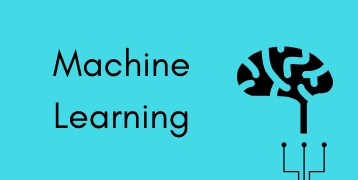
GoLogica provides Data Science with Python Training This course has been designed with a focus on quality and simplicity making it ideal for Beginners or for those looking for a refresher on Data Science with Python. It gives an engaging learning experience covering everything you need to know about Data Science.
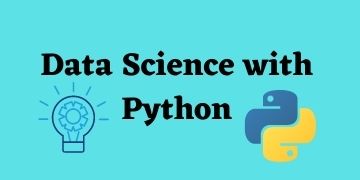
GoLogica provides online lessons to help you get better and advance in your work. Join our Python data science course to learn Python skills, work with data, and get better at stats and machine learning. Make cool pictures too Learn from teachers who know a lot, work on real projects, and grow in the world of data science. Come with us now for a practical learning session.
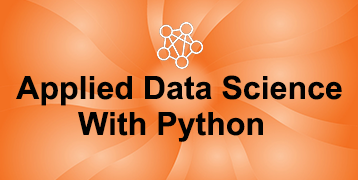
GoLogica Data Science Capstone is a complete training program that provides practical experience, mentorship, and industry-important skills to aspiring data scientists. Develop real-world projects, get practical experience, and release the power of data with this transformative program.
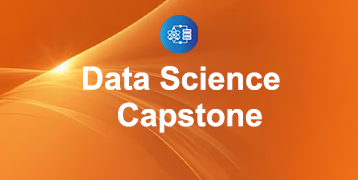


This will help you to better understand the Data Scientist industry.
you will be able to grow your career by broadening your proficiency in Data Scientist.
With this, the students will be able to decide their careers in the right way.
We Help with face-to-face interaction through mock interviews & Exams

Powered by
Paypal
Debit/Credit
UPI
GoLogica Data Science Certification holds accreditation from major global companies worldwide. Upon completion of both theoretical and practical sessions, we offer certification to both freshers and corporate trainees. Our certification on Data Science is recognized globally through GoLogica, significantly enhances the value of your resume, opening doors to prominent job positions within leading MNCs. Attainment of this certification is contingent upon the successful completion of our training program and practical projects.
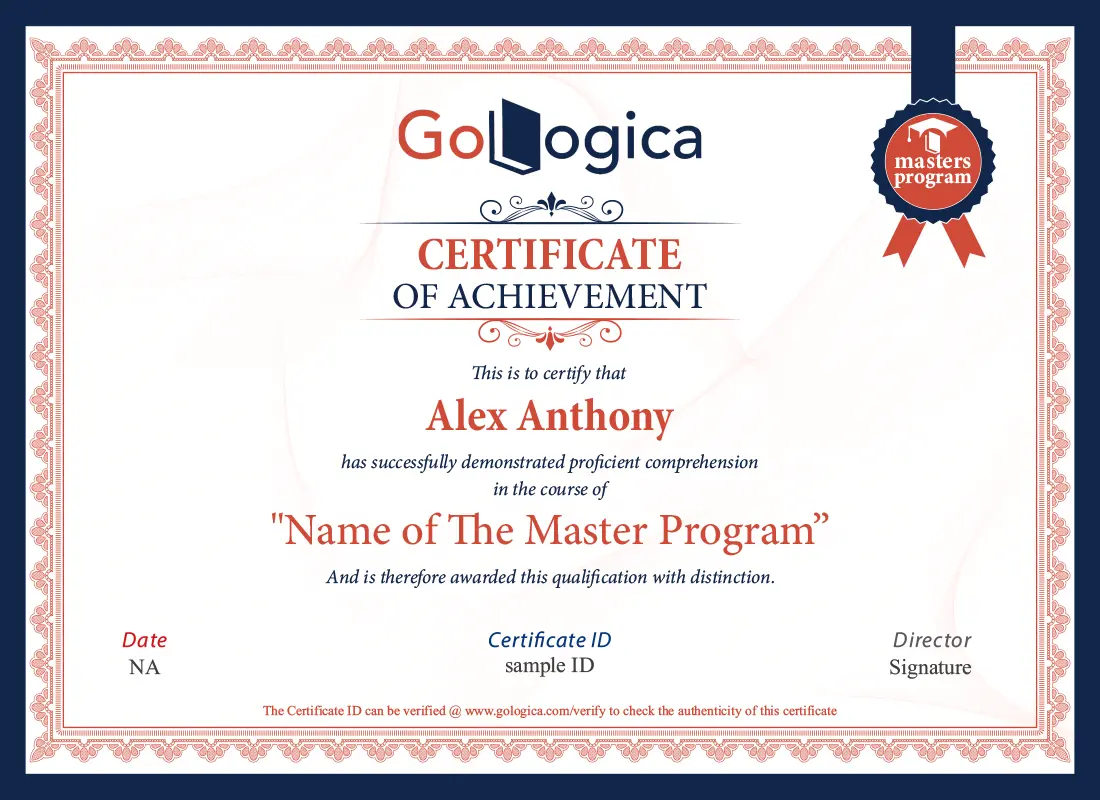
The U.S. Bureau of Labor Statistics forecasts a 15% increase in employment for Data Scientist Expert from 2020 to 2030, significantly outpacing the average for all occupations. Additionally, Data Scientist Expert Ventures predicts 1.5 million unfilled Big Data Architect jobs worldwide by 2030.
According to the BLS, Data Scientist professionals are well-compensated. The median annual wage for Data Scientist Specialist was $90,000 to $160,000 PA. It’s depending on factors such as experience, location, and specific job responsibilities.
Are you preparing for a interview? If yes, our expert tutors will help you with this.
It is a field that makes use of computational and scientific methods to collect knowledge and insights from the data sets. Data science integrates mathematics, statistics, and computer science elements to accurately interpret them.
A data scientist is a professional who does programming, statistics, and machine learning to examine and interpret difficult datasets. They mainly focus on finding patterns, developing predictive models for predicting future behavior, and deriving insights to make business decisions.
With this course, you will be able to differentiate yourself with multi-platform fluency. Also, will provide real-world experience with certain key platforms and tools.
Coding is a vital part of data science. Data scientists make use of codes to clean, prepare, & analyze data. They also use this to develop and deploy ML models. Also, will be able to automate tasks, develop custom tools, etc.
Yes. Our data science training program is for working professionals as well as freshers. It is suitable for freshers with basic knowledge of Statistics, Python, databases, and many more.
Both are equal and are in high demand when it comes to job opportunities. Data analysts focus on gathering, cleaning, and examining data to give business insights. But data scientists make use of their technical expertise for the development and deployment of ML models to solve complex business problems.
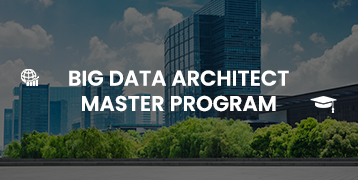
370 learners (4.7) 6 Months View Program

178 learners (4.9) 6 Months View Program

263 learners (4.8) 6 Months View Program
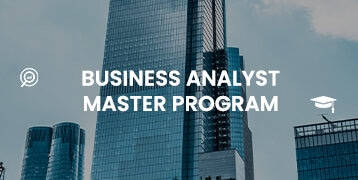
154 learners (4.1) 6 Months View Program